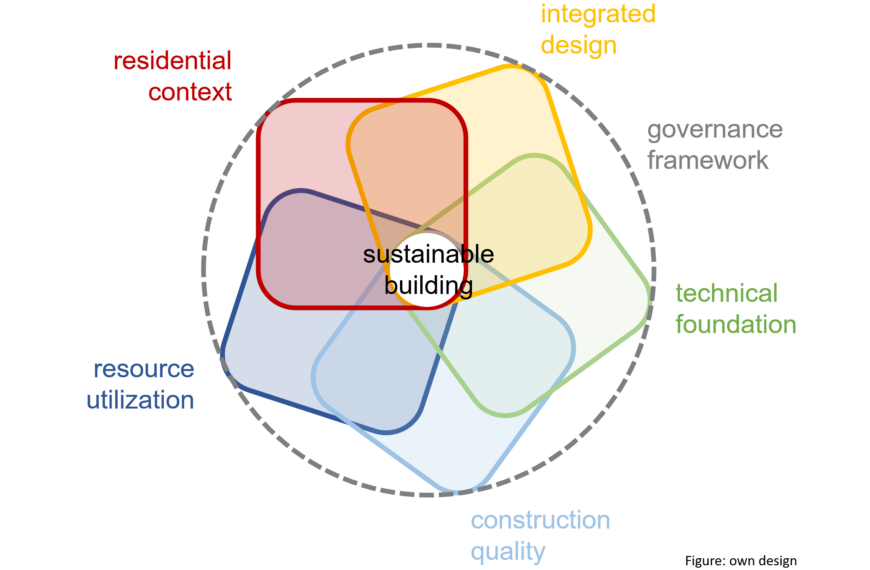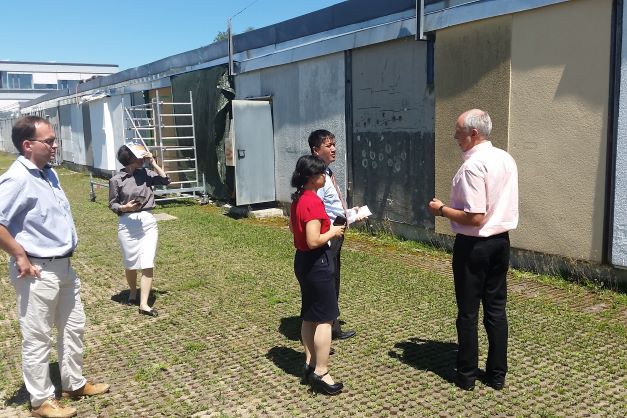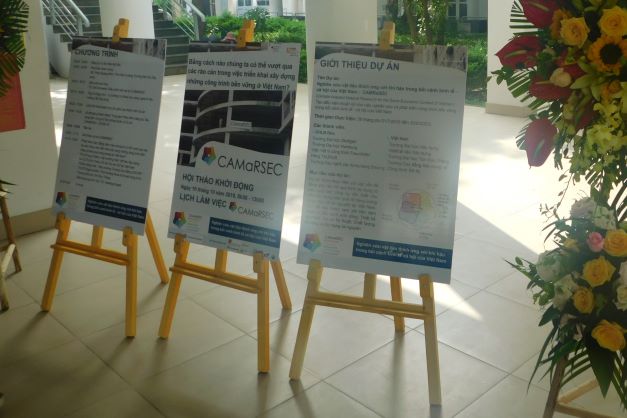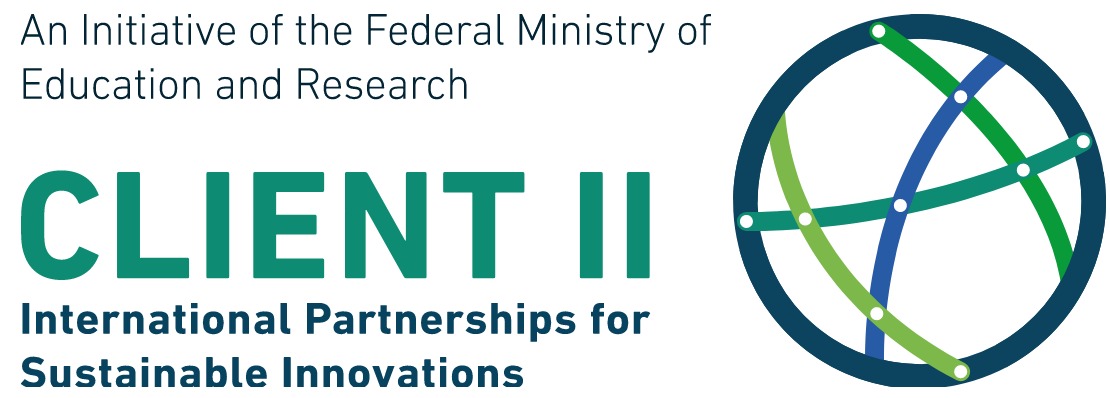As a result of the rapid economic development in Vietnam, lifestyles and the needs of residents change in new building typologies with materials, constructions, and supply systems that were not previously common. This development leads to far-reaching issues with structures and building physics, especially under the demanding climatic conditions. This hinders the implementation of energy-efficient and sustainable construction practices in the local construction market. Consequently, the German-Vietnamese project CAMaRSEC supports the implementation and further development of energy-efficient, resource-efficient and sustainable construction practices.
Based on interdisciplinary problem analysis and fundamental research, effective infrastructures for research, characteristic value determination, training, education and the transfer of scientific results into Vietnamese construction and planning practices are developed.

Due to the rapid economic development of Vietnam, the lifestyle and needs of residents have changed in new building typologies, other materials, structures and supply systems by analogy were not uncommon before. This development has led to profound problems in structural and building physics, especially under difficult conditions. This hinders the ability of the local construction market to implement and the ability to implement sustainable buildings.
Therefore, the German-Vietnamese project CAMaRSEC supports the implementation and gradual development of sustaining capacity, resource-efficient and sustainable construction implementation.
Most of the work packages in the CAMaRSEC project have been designed and developed with practical outcomes, effectively contributing to energy and resource node construction practices and improving life in more southern and tropical modern built environments. In the next few pages the product is introduced and made available to relevant stakeholders.


Various resources and references were collected during the research process as a basis for work in the context of the CAMaRSEC project. Own scientific publications, status reports and presentations have also been prepared and are listed on the next page.









"The CAMaRSEC project is designed to close gaps in the implementation of an energy and resource-saving in the building practice in Vietnam."
Universität Stuttgart
Institut für Gebäudeenergetik, Thermotechnik und Energiespeicherung (IGTE)
Pfaffenwaldring 35
70569 Stuttgart
Deutschland


